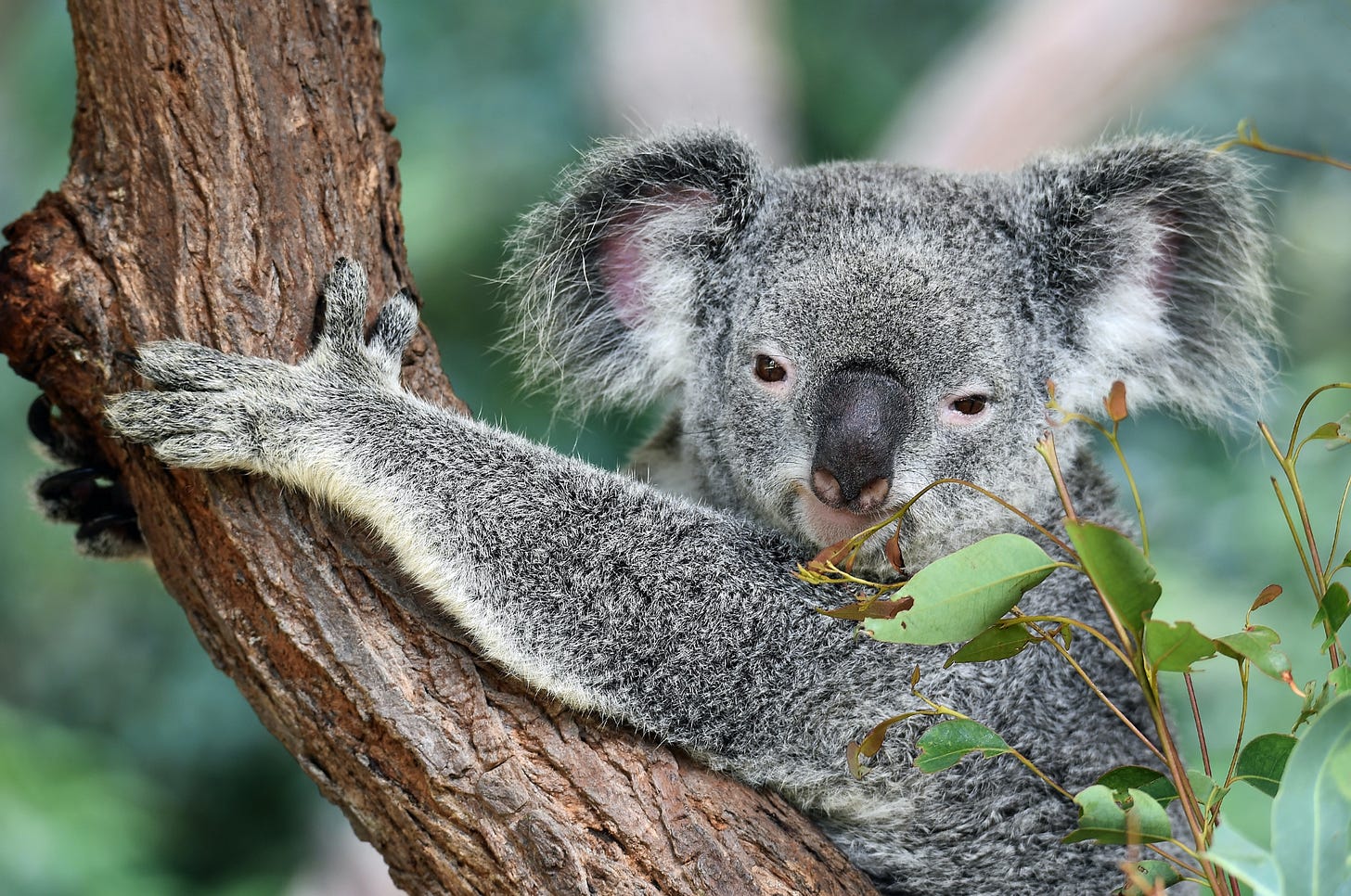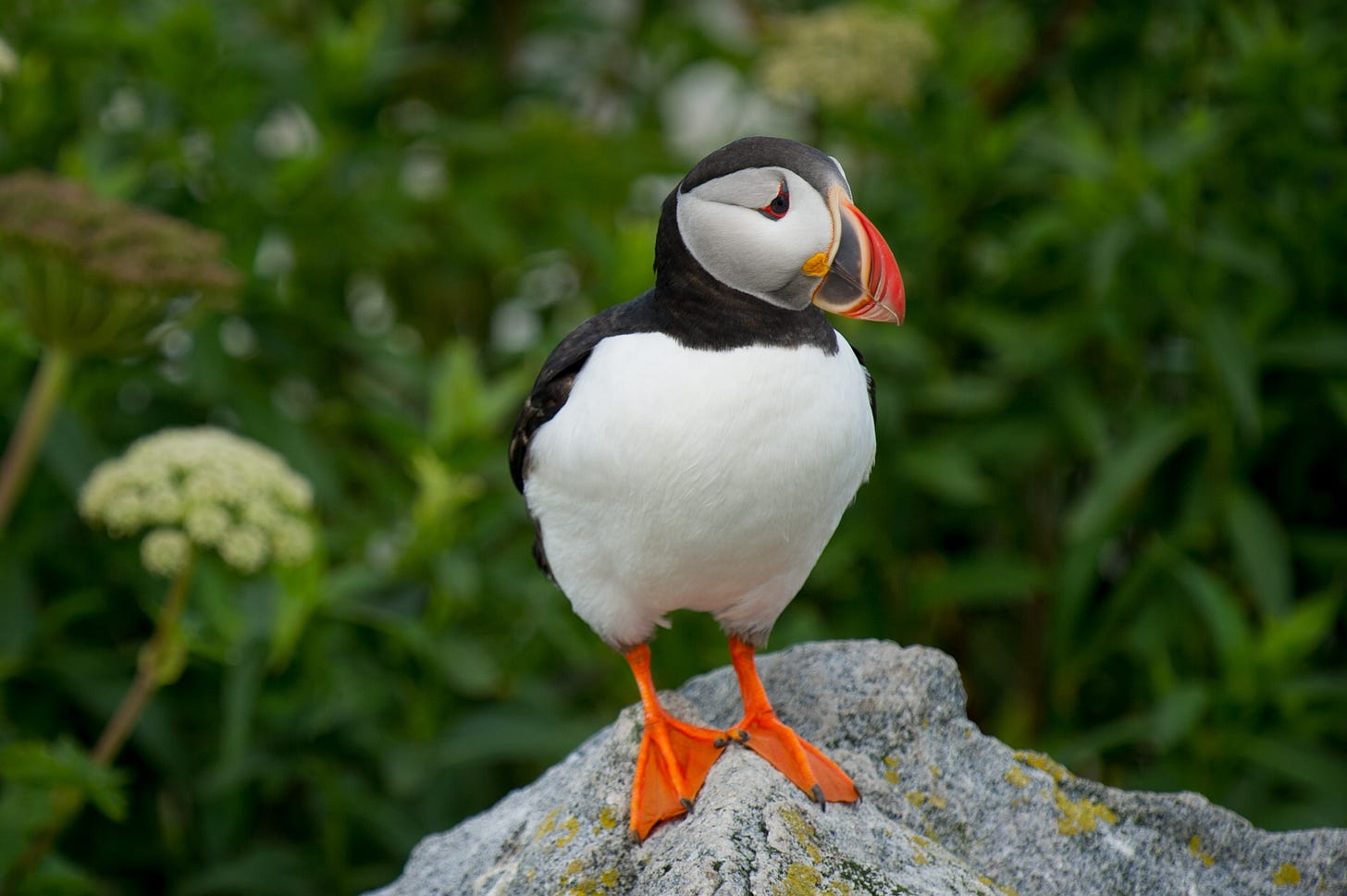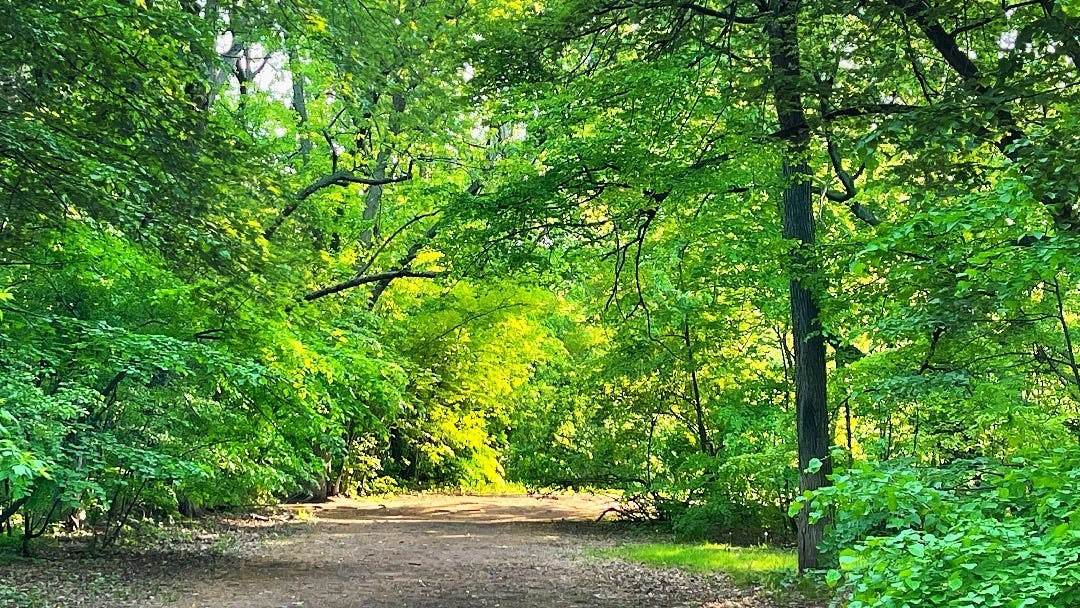Iconic species' survival is at risk now that they feel the heat.
Climate change, pollution, and habitat loss threaten biodiversity
Like a child destroying its toy to see how it worked, we eliminate the unique and diverse beauty of this planet while we enjoy it. Cruise ships like to sail to unspoiled nature where they spoil nature, and animal lovers that love to collect rare animal species are responsible for wiping out the very thing they love. It gives us all an element of John Fowles' character Frederick Clegg who destroys what he loves; it's a scary thought.
Species risk going extinct even before scientists knew they existed
The Australian biodiversity still has to be fully documented, and at current rates, it would take 400 years to describe all the species that scientists expect to be present. Therefore, in the first week of June this year (Week 22), the Australian Academy of Science Australia proposed to the government to embark on an urgent mission to formally document the nation's biodiversity. With an estimated 750,000 different species of plants, animals, and insects, it's a huge task, especially since about 70% of these species are either not yet discovered or have not yet been formally described in the scientific literature. And like the boy and the toy, these scientists fear that more than half a million undiscovered plants and animals may go extinct even before scientists ever knew they existed. So our planet needs a label warning 'handle with care,' especially when the earth is left in the hands of the rich and powerful that consider it their playground.
The fate of nature
It is not just Australia where biodiversity feels the impacts of our destruction of the stable climate and the environment. In the same Week 22, in early June this year, WWF published: "Feeling the Heat; the fate of nature beyond 1.5C global warming." It is a sober report highlighting 12 species experiencing the devastating impacts of climate change. WWF outlines how their future depends on humanity's urgent response.
The difference between 1,5 and 2C may sound insignificant. Still, for instance, it is highly significant for coral. A half-degree makes the difference between 70 percent loss and losing virtually all coral reefs at 2 C. Or look at insects, where 6 percent will be affected at 1,5C, but 18 percent at 2C.
Heatwaves
But, as in every story I write about the rapid changes in nature, there is a warning for us. Take heatwaves as an example. At 1.5C, 9 percent of the world's population will be exposed to extreme heatwaves at least once every 20 years. At 2C, that percentage rises to 28 percent.
The report is full of sad stories of unique species getting into trouble, and the troublemaker is always us. Take the lovely Atlantic puffin. Their numbers have been crashing for the past two decades. Yet, we still fish their fish, let them entangle themselves in our fishing gear, and warmer waters disturb the clockwork coordination between all species in the food chain.
Because of us, nature is out of sync. The report also describes the beautiful snow leopard. Sadly, there are just some 4,000 of them left in the wild and threatened by poaching, habitat destruction, and conflicts with people over livestock. It is hard to read reports like this, although a message gives hope: we can avoid the worst if we keep the planet's warming below 1.5C. And as I wrote in previous newsletters: it is doable; we have the knowledge and techniques. The main thing that is missing is political will.
What I wrote in week 22
Meanwhile, on the island:
Yes, that's correct. Unexpectedly, I am back on the island where I wrote to you this summer. This return was unplanned. Strangely, while looking at my pictures of this year, I just realized that it was precisely in Week 22 I described today that I arrived for my extended stay on this island that started on June 7. I will show you some pictures of the first week of June this year.
I loved the bright colors of green in Ottawa in late spring.
Can you see it?
My first evening back on the island, I enjoyed the beauty of nature, like here at sunset.
Well, if you got this far: this newsletter could use some support. I hope you will subscribe. Increasingly I see that some of you give the newsletter as a gift subscription, perhaps you know someone that would like to receive The Planet?
Giving makes three people happy: the one that receives it, me, and you because you made two people happy. All that for only 16 cents per day :-)
The back page
You may have seen this one before, an old one from Luna, I guess some three years ago.
Notes:
https://www.wwf.org.uk/sites/default/files/2021-06/FEELING_THE_HEAT_REPORT.pdf
Photos
Koala: Photo by David Clode on Unsplash
Snow leopard: Irbis1983, Public domain, via Wikimedia Commons
Atlantic puffin: Photo by Ray Hennessy on Unsplash












"And as I wrote in previous newsletters: it is doable; we have the knowledge and techniques. The main thing that is missing is political will."
This is probably the most distressing thing about it all. We have the tools, we have the knowledge, we have the ability to make a change. If we could convince people to change their ways, to make minor adjustments, we could change everything for the better.
Haven’t read The Collector (might have to now). It's difficult to understand that some people don't make the connection between their behavior and the loss of biodiversity. The way certain people treat nature is infuriating. The rule in my family has always been. Leave it as you found it. I also grew up without a car and I still notice today that I don't really need one. Speaking for Switzerland and where I currently live. Your last two sentences are so very true. Of course we should all keep trying to do our part, but as long as the political will for change is not there it will continue to be a losing battle. Side note: and then there's Switzerland where the political will might be there to a certain extent, but "the people" have the last word.
Thank you for the reminder that it CAN be done and also for reminding us what is at stake. Biodiversity is also a huge topic here seems to be getting increasing attention.
Luna's expression in that picture - something has caught her attention. She looks like a great hunter. You really captured that well.
I hope you are able to enjoy a bit of the island nature while you're there; and I selfishly hope you might share a picture or two.